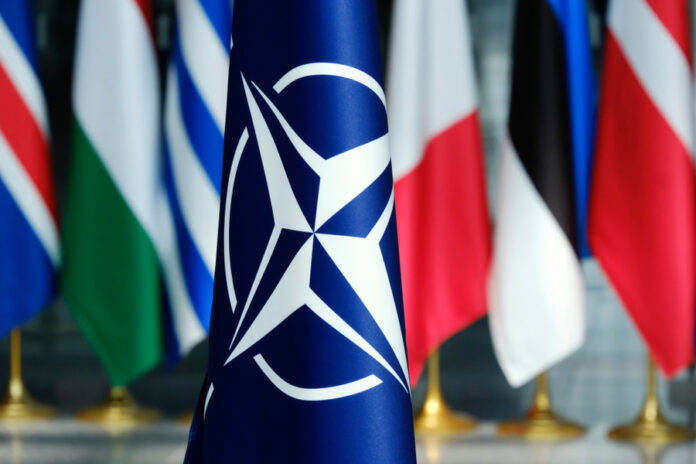Finland and Sweden are increasingly willing to join the NATO military alliance
Finland and Sweden’s membership in NATO was considered impossible at one time, and the people of both countries were reluctant to join NATO even during the Cold War and after the annexation of Crimea to Russia. But Russia’s invasion of Ukraine led them to join NATO.
In a detailed report, a German radio and television network examined Finland and Sweden joining NATO and wrote that, from the Cold War to the annexation of Crimea in 2014, nothing had ever convinced Finland and Sweden to join NATO and the North Atlantic Treaty Organization. Give up their military independence.
Follow Euro international News twitter
Finland, in particular, did not want to anger its neighbor Russia and always acted as a bridge between East and West in world politics.
Finland played this role at a meeting between Russian President Vladimir Putin and then US President Donald Trump in Helsinki in 2018.
But in recent years, Sweden and Finland have moved closer to NATO. In late March 2022, the two countries participated in a major NATO exercise in Norway.
There is a growing concern in Finland that the country is very vulnerable because of its 1,300-kilometer border with Russia.
Both countries have now come to the conclusion that without NATO membership, the full military support of other Western countries cannot be counted on in an emergency.
Finland’s Left Party opposes NATO membership
At the beginning of January this year, only 30% of those polled in Finland agreed to join NATO. But at the end of March, after Russia’s invasion of Ukraine, more than 60 percent agreed with their country joining NATO, and that tendency is growing.
The Center Party, the country’s second largest ruling party, paved the way for the move after long-standing opposition to NATO membership.
Social Democrat and Green Party Prime Minister Sana Marin will also speak in the coming weeks.
Follow Euro international News twitter
The Finnish government is scheduled to present a report on its foreign and security policy on Wednesday (April 13th).
Finnish President Sauli Niinisto has said he intends to submit his country’s decision to join NATO to parliament and is counting on the consent of a majority of lawmakers.
But the ruling Left Party also opposes its country’s membership in NATO.
“Finland’s military independence has played an important role in mediating the crisis,” Katia Haninen, a left-wing MP, told Finland’s Yle radio station. “We are very ready to defend our country and we have our efficient army.”
The Swedes are also in favor of joining NATO
In Sweden, too, many people are traditionally proud of their military independence. It has not been directly involved in a war for more than 200 years. This neutrality has helped Sweden escape the twentieth-century world wars.
Follow Euro international News twitter
However, most Swedes also want to join NATO.
In a poll conducted shortly after the start of the Ukraine war in Ukraine, almost half of respondents were in favor of their country joining NATO, and just over a quarter were clearly opposed.
But the political situation in Sweden is somewhat more complicated. Parliamentary elections are set to take place this autumn, and the issue of joining NATO has become increasingly an issue in recent weeks.
Swedish Prime Minister Magdalena Anderson’s ruling Social Democrats have traditionally opposed her country’s membership in NATO, but opposition parties are using the issue to put pressure on the government as the election campaign begins.
Sweden’s opposition leader Ulf Christerson has vowed to apply for NATO membership if he wins the election.
Finland and Sweden worry about Russia’s reaction
The accession of Finland and Sweden will not be safe for both countries. Russia has repeatedly stated its opposition to NATO membership.
Kremlin spokesman Dmitry Peskov recently said that Finland and Sweden’s membership in NATO could destabilize Europe.
Russian Foreign Ministry spokeswoman Maria Zakharova threatened in late February that the two countries’ accession to NATO would have “serious military and political consequences.”
Charlie Salonius Pasternak, a Finnish foreign policy expert, said in an interview with Radio Finland that two scenarios of “cyber attacks” and “bringing asylum seekers to the border” could be expected to put more pressure on the Finnish government.
On Friday, April 8, a cyber attack was launched against the Finnish Ministry of Defense and Foreign Affairs, the perpetrators of which have not yet been identified.

























































